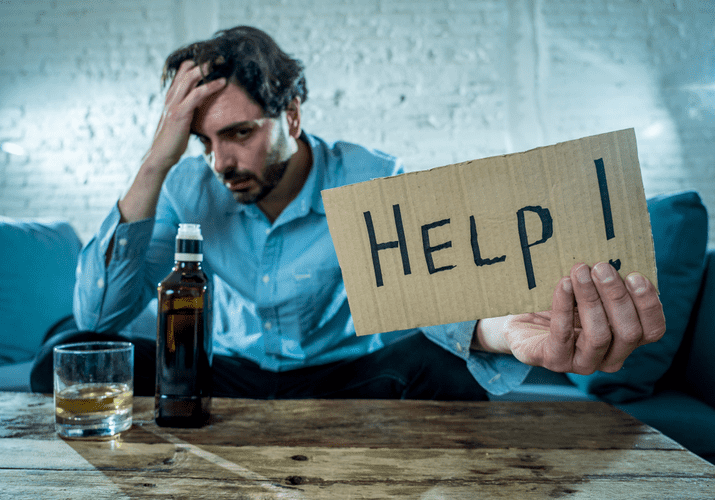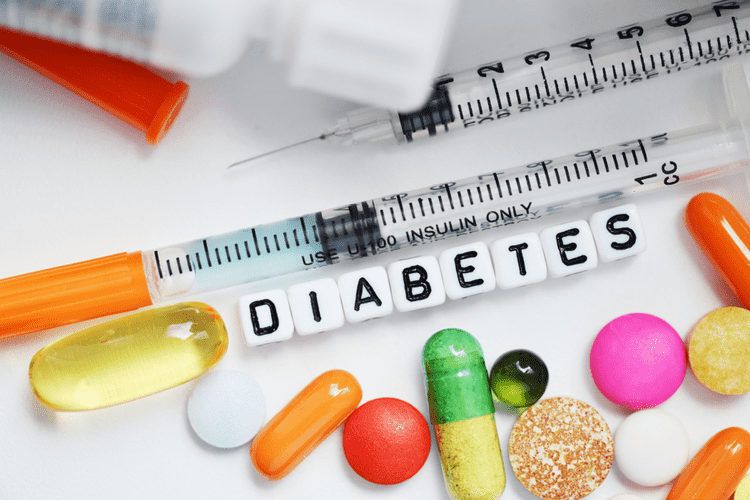There are many difficulties related to alcohol addiction and withdrawal, yet with a good plan, appropriate ways, and help, you can surmount all of them. Our 24/7 hotline, Alcohol Awareness, firmly believes that every person deserves an opportunity for a fresh start through the provision of various resources that support individuals addicted to alcohol. Furthermore, we are aware of complications that come with the ease of availability and lawfulness of alcohol. We have a trained staff with all the equipment needed for the proper provision of assistance across the recovery roadmap.
Achieve lasting recovery

One of the primary effects of alcohol is its ability to cause peripheral vasodilation. This means alcohol causes the blood vessels close to the skin’s surface to widen. While this vasodilation leads to a temporary feeling of warmth as blood flow to the skin increases, it’s why does alcohol make you hot a deceptive sensation. Medically-supervised detox is crucial for managing alcohol withdrawal safely. Treatment involves medications like benzodiazepines to ease symptoms like sweating while monitoring vital signs. Counseling and therapies then address the psychological addiction for lasting recovery.

Relationship Between Alcohol and Night Sweats
With over 60 clinic locations and telehealth options, we make it convenient to access the care you need. Having night sweats or making yourself perspire won’t expel alcohol from your system any faster. A small amount of alcohol is broken down in your stomach lining, but your liver metabolizes most of it. Most of the alcohol you consume is broken down into byproducts through https://winhycare.com/helplines-mental-health-drug-alcohol-issues/ metabolism within your body. Alcohol-related liver disease also does not usually cause symptoms until the liver is severely damaged. Night sweats are often self-limiting and not a cause for medical intervention.
- People who experience night sweats regularly after drinking may have an issue with alcohol.
- Normally, your body releases sweat to cool you down and expel waste products.
Symptoms of Alcohol Intolerance
- Among the various symptoms of alcohol withdrawal, night sweats are notably common and can be particularly distressing.
- Several factors, such as the sleeping environment, can exacerbate the situation.
Alcohol withdrawal is marked by a wide range of symptoms indicative of how highly the abrupt stoppage affects the central nervous system. These effects are not only difficult to overcome for people who try to abandon alcoholic addiction, but they also require qualified medical help because of the possible drug addiction seriousness of any symptoms. In today’s world characterized by high speeds as well as pressure, the intensity of life is prevalent, necessitating people to resort to different relief avenues. In fact, among all these options, alcohol is the most widespread means of escape that many take refuge in order to temporarily relieve themselves from the never-ending stress of life’s demands. On the other hand, the thin balance between reasonable use of alcohol and heavy dependence should be treated with the highest caution. This addiction has damaging repercussions on their physical and mental health.
- Limiting alcohol intake and taking antihistamines to relieve symptoms are also recommended.
- If you believe you may be struggling with an alcohol use disorder or alcohol abuse, seek medical advice.
- Metabolism is the process whereby alcohol is broken down intoits components.
You might notice issues like sticking to chairs when you stand up or feeling an itching sensation as sweat drips down your back. Some people also find that when they sweat more, moving around a lot can irritate their skin. Altogether, excessive sweating leads to a lot of undesirable physical sensations. Excessive sweating during alcohol withdrawal is caused by an overactive autonomic nervous system, which regulates heart rate, digestion, sexual arousal, and perspiration. Alcohol withdrawal symptoms can kick in a few hours after your last drink or several days later. But sometimes, alcohol can cause night sweats when you haven’t been drinking, which can be a symptom of a more severe problem.
